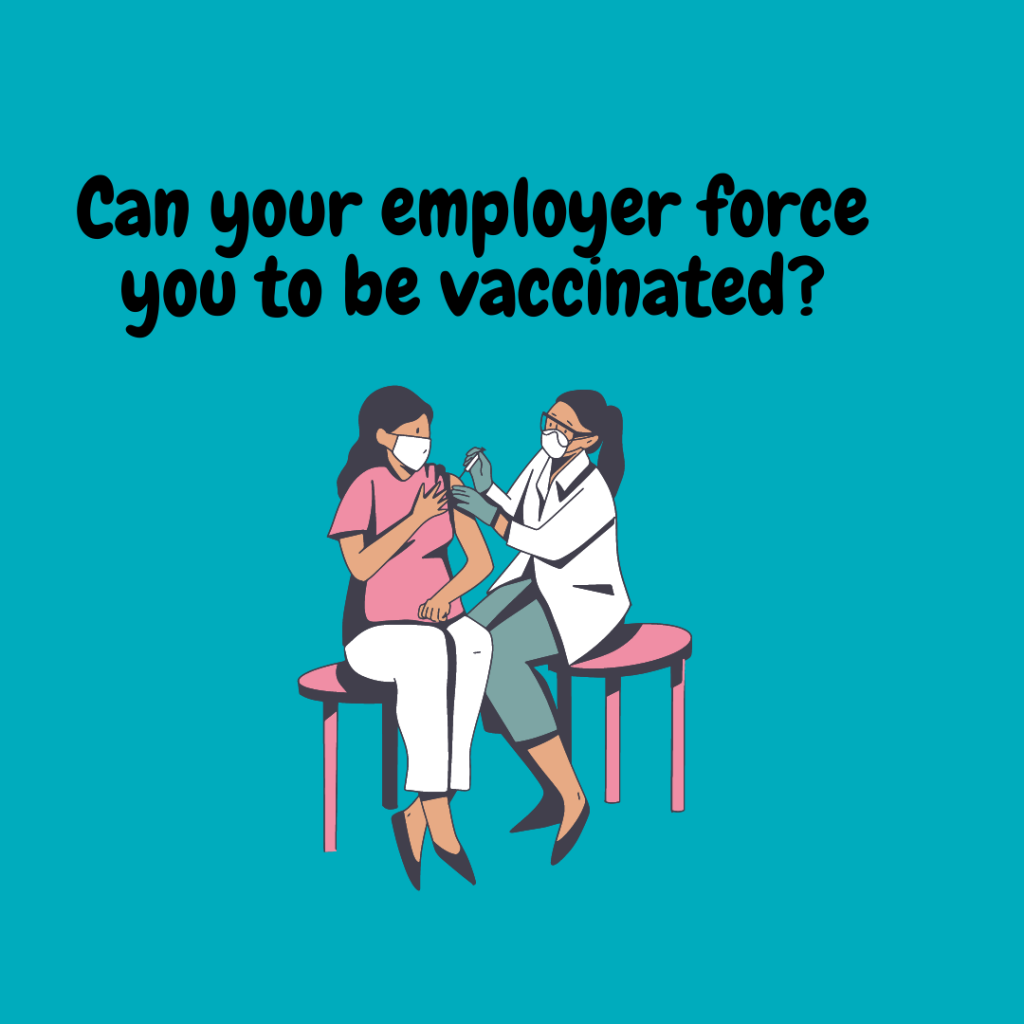What employees can do to try and trigger the operation of that duty.
Our final article in our series on trauma and psychological injury will discuss the scope and operation of the duty of care an employer has over an employee, and specifically what employees can do to try and trigger the operation of that duty. This article will be especially useful for those employees who, like YZ in her case against The Age, are exposed to trauma in the course of their employment.
An employer owes a duty of care to provide a safe place to work and a safe system of work and supervision to each of their employees. Specifically, an employer owes a duty to an employee to take reasonable care to protect the employee against foreseeable injury arising out of their employment. This duty can arise as an implied term in the contract of employment, as a separate duty in tort, or even as an express contractual term.
Elements of a psychiatric injury claim
In order to be successful in a claim for psychiatric injury arising out of employment, an employee must show four things.
First, that they suffer a recognised psychiatric illness. It is not sufficient that an employee is distressed or feeling anxious. Examples of psychiatric injury include post-traumatic stress disorder or clinical depression. Some important things to remember are:
- The psychological injury can be linked to a workplace physical injury; and
- The fact that an employee has a known special susceptibility to psychiatric illness (for example, a history of depression) does not prevent their claim.
Second, it must be proved that the employer could have reasonably foreseen that the individual employee would suffer psychiatric injury. This will depend on the nature and extent of the work being done by the particular employee, and the signs given by the employee in question. Psychiatric illness is not foreseeable simply because a job may be stressful – there is no such thing as a job that isn’t stressful.
There is no general principle that employers must foresee that all employees risk psychiatric illness from stress at work. In circumstances involving a sudden traumatic event (for example, a bank teller being taken in an armed hold-up) foreseeability is easily shown. In circumstances where psychiatric illness builds up over time, as a consequence of a stressful circumstances in the workplace (such as bullying, harassment or excessive workloads) more is required to satisfy this element.
High Court decision
The High Court of Australia in Koehler v Cerebos (Australia) Ltd (2005), said that there must be visible signs of psychiatric illness for foreseeability to be satisfied. In this case, the employee complained to her employer many times, both orally and in writing, that her job was stressful and that she had a heavy workload, but did not state that it interfered with her health or was causing her any psychiatric injury.
The Court found that the employer had no reason to suspect that the employee was at risk. There was no suggestion that she was vulnerable, nor that she was putting her health at risk. It was not sufficient that she only complained about being worked; there has to also be signs of psychiatric illness.
This decision places an onus on employees to advise their employer of risks to their health. A claim is unlikely to proceed if you suffer in silence. It is crucial that employees act, and speak up about their mental health issues. It is not enough to complain about being overworked – employees need to make their employers aware of the risk to their psychological health.There is a further risk that if employees fail to inform their employer, they may give rise to an argument of contributory negligence (ie. that they contributed to the damage they have suffered).
Whilst this may be a difficult conversation to have with your employer, it is important to advise them of any issues. Ask for time off if you need it, and flag that it is due to your mental health. It is also useful for any medical certificates in support of personal leave taken identify the reason for the leave. Make suggestions to your employer on how they can create a safer, more supportive workplace.
If your employer takes any adverse action against you because they have been made aware of your psychiatric illness, you may be protected by the general protections framework – more on that here.
Thirdly, for a psychiatric injury claim to be successful, an employer must fail to take reasonable steps to avoid or diminish the risk of injury having regard to the nature of the employee’s contractual obligations, equity and statutory responsibilities. For example, in YZ v The Age (discussed here – Psychological injury at work), the Court found that the age could have provided further programs, training and support, implemented risk management tools, and worked to change the culture of the workplace to encourage discussion about the impact of trauma and mental health in general. The steps an employer must take will be different for each workplace.
Finally, the employer’s failure to take reasonable measures to avoid the risk must be a proximate cause of the psychiatric illness. An employer will not be held responsible if the psychiatric illness is not work related.
Workplace bullying
Workplace bullying is a significant problem, and a known factor contributing to mental health issues including depression and anxiety. The duty of an employer to provide a safe place of work, extends to providing an environment that is free from bullying. In addition to a claim for psychiatric injury, an employee who has been subjected to workplace bullying may also commence a claim for workplace bullying with the Fair Work Commission.
No one deserves to be bullied in the workplace. More information can be found here, or by getting in contact with Resolution123 on 1800 RES 123 or through our online form here.
Want to learn more? Contact us today.





